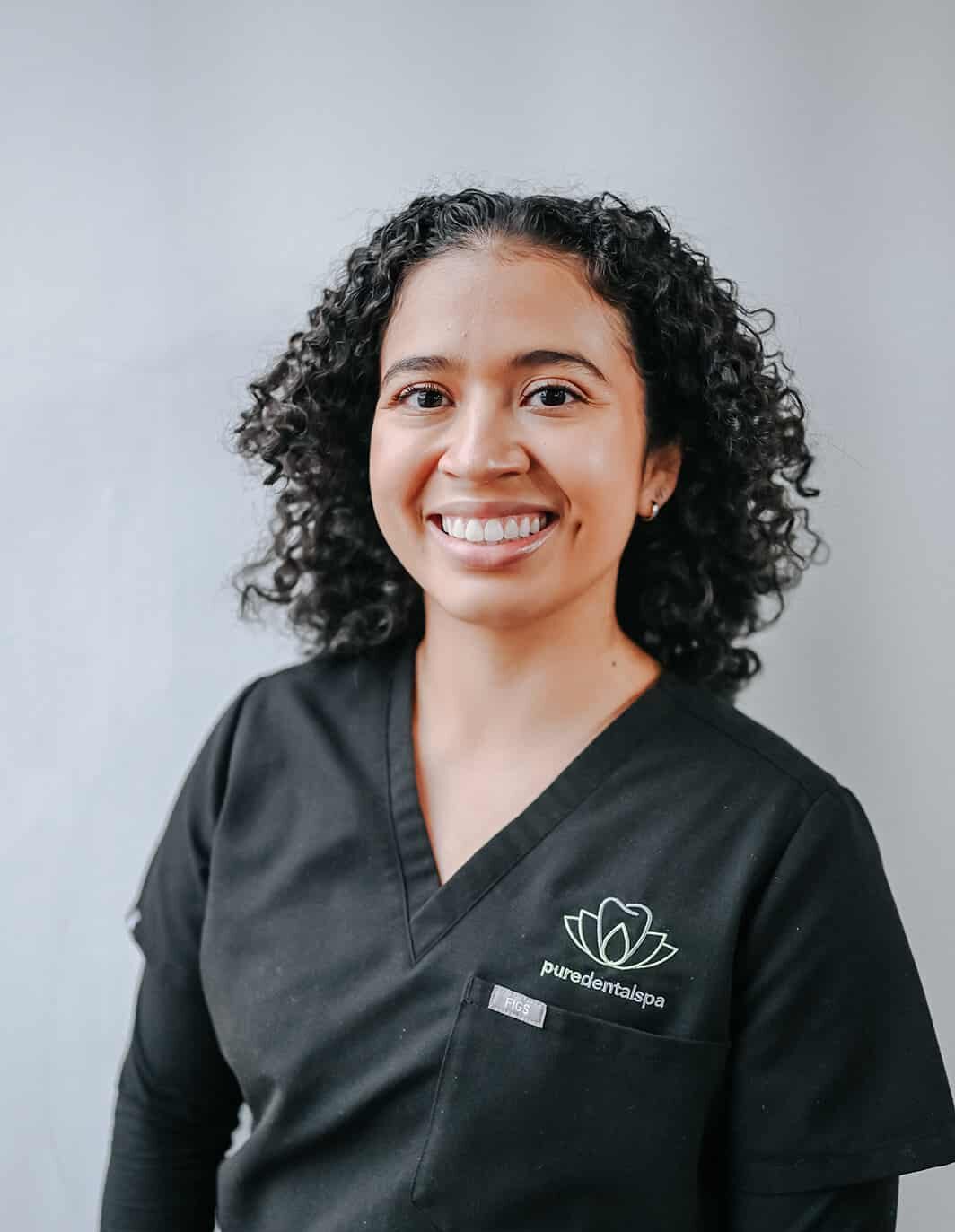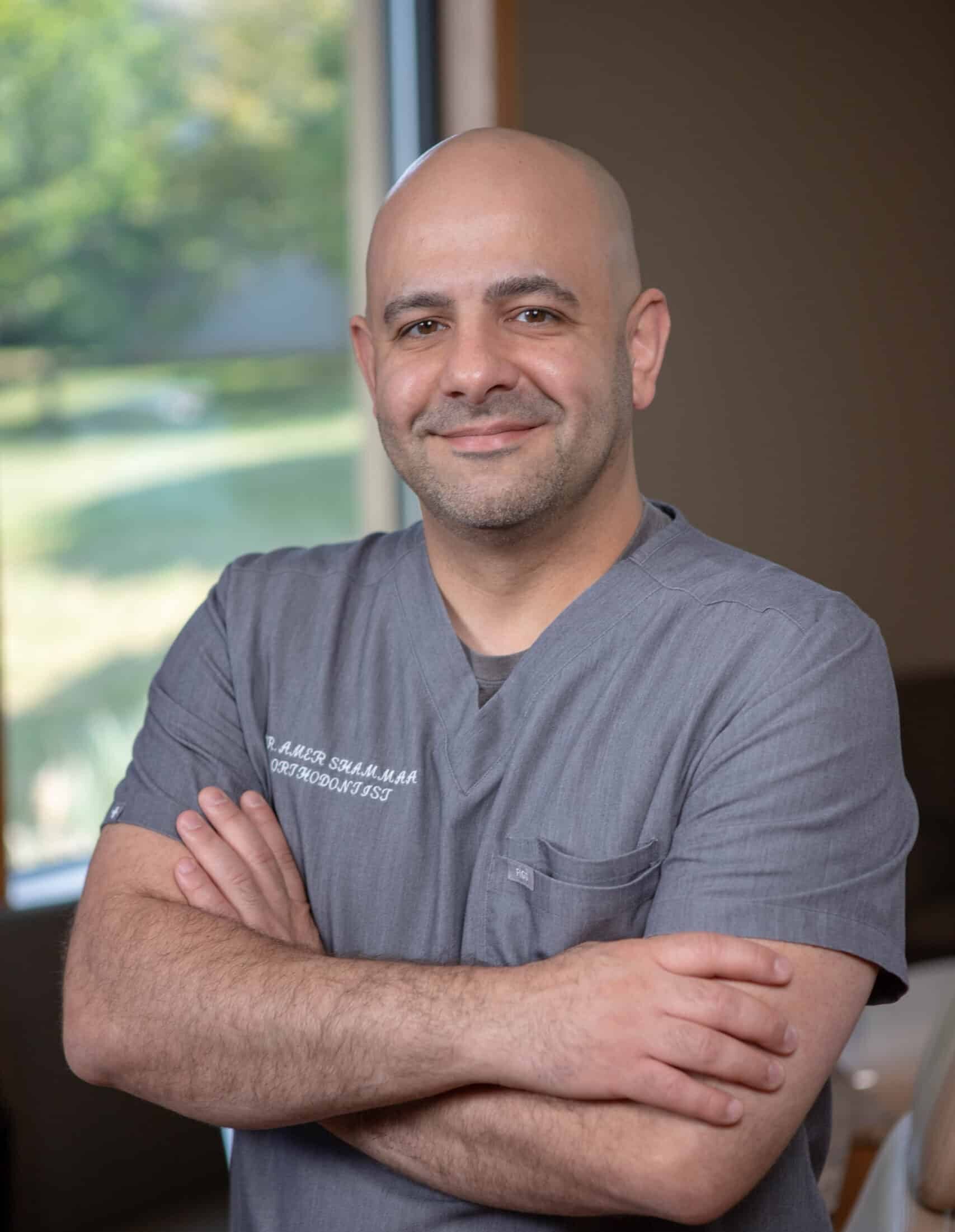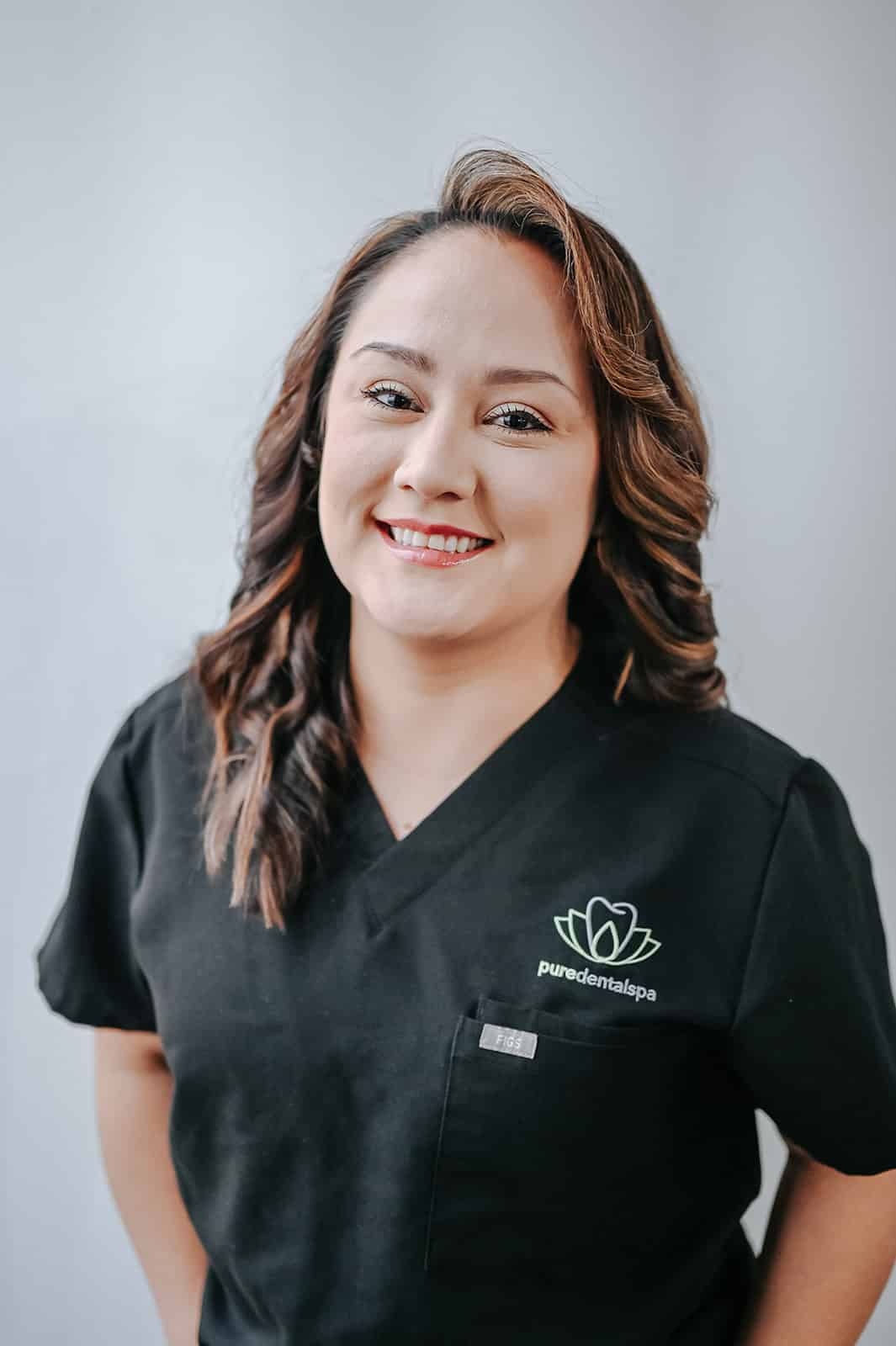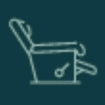Pure Dental Spa – Illinois
Welcome To Pure Dental Spa
Customized Care
Pure Dental Spa offers a one-of-a-kind approach to dental care, with an emphasis on total relaxation throughout the patient’s journey. There are several amenities available to make the visit uniquely personalized for each patient.
Safe And High-Tech Dentistry
By incorporating the latest technology into our practice, patients can achieve better health outcomes while enjoying a more comfortable and efficient dental experience.
All Under One Roof
Our holistic approach to dentistry combines various treatments with luxury amenities, such as aromatherapy and eye masks, ensuring a pleasant experience. From health to aesthetics and comfort to quality, we provide everything our patients could desire under one roof.

Welcome To
Pure Dental Spa
Meet Our Doctors
The People Behind The Practice

Dr. Rajul Patel

Dr. Prem Patel

Dr. Tommy Bond

Dr. Veronica Ramirez

Dr. Eliza Kim

Dr. Amer Shammaa

Dr. Leslie Lopez

Dr. Youn Ju Lee

Dr. Mo Ismail
Spa-Like Dental Comforts
As soon as you walk through the doors of our office, you’ll be welcomed into a warm, tranquil atmosphere with a variety of amenities to make your time with us more enjoyable.

Coffee,
Tea & More

Paraffin Hand Wax
Treatments

Aromatherapy
Neck Pillows

Massage
Chairs

Cooling
Eye Masks

Flat-Screen
Televisions

Noise-Cancelling
Headphones
YOUR FINANCIAL OPTIONS
Luxury Dental Care Made Accessible
- IN-NETWORK INSURANCE
- OUT-OF-NETWORK INSURANCE
- IN-OFFICE DENTAL PLAN
- CARECREDIT FINANCING




Testimonials
Find Out What Makes Pure Dental Spa Different
“The doctor and his assistants are the best. They not only fix your teeth but also explain the process of root canals, crown making, and filling patiently and in detail. The doctor is a talented and sharp dentist. Their clinic is clean and has the latest technologies.”
Owen R.
“Had such a great experience! Friendly team and knowledgeable. I had my cleaning done and they made me feel comfortable throughout my whole visit and offered a tour of the practice. I’ve had cleanings at other offices and my teeth have never felt this good. Thank you.”
Anahí G.
“Very impressed with their professionalism and quality of work. Their group of hygienists is all excellent. The doctors are very skilled and knowledgeable. Would recommend this dental practice to anyone who is ready to get on a healthy path towards long-term dental care.”
